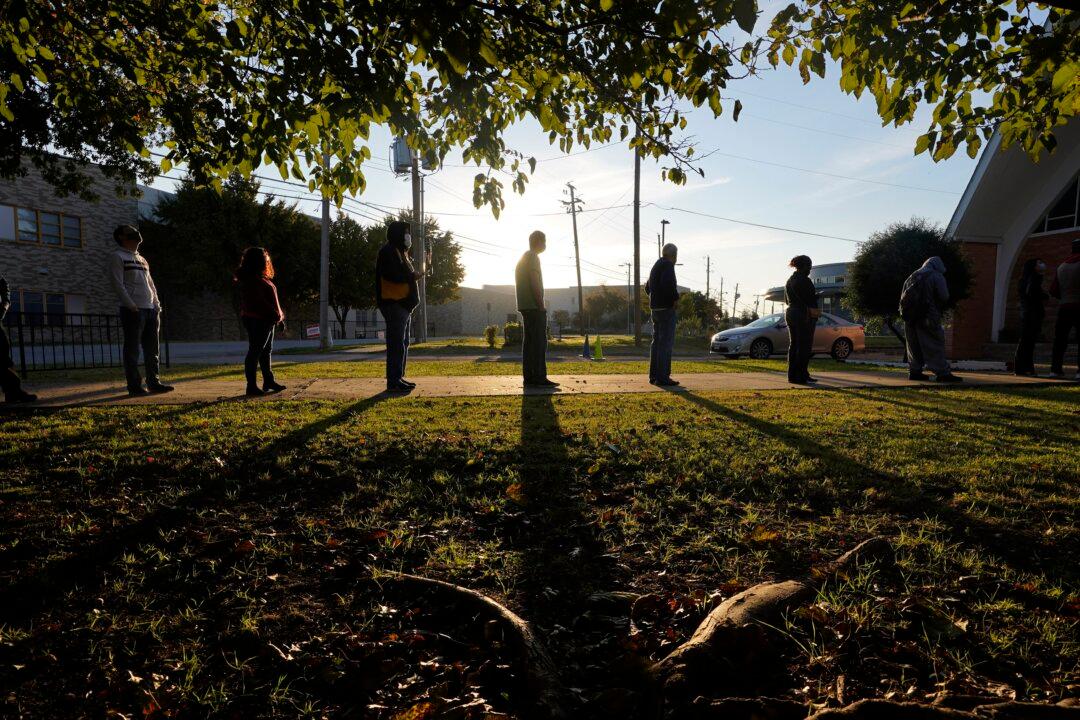Secretary of State John Scott’s office has released the final phase of its 2020 general election audit of Collin, Dallas, Harris, and Tarrant Counties.
The audit released on Monday showed the most serious issues occurred in Harris County, followed by Dallas with two large problems, including “phantom voters.” Tarrant County administered a “quality, transparent election” with minor findings, and Collin County “proved to be the model of how to run elections in Texas.” (pdf)





